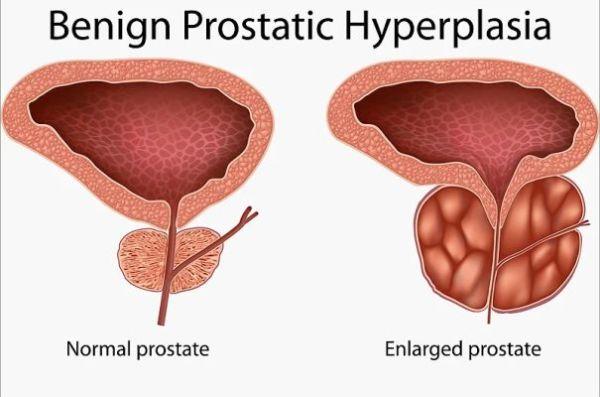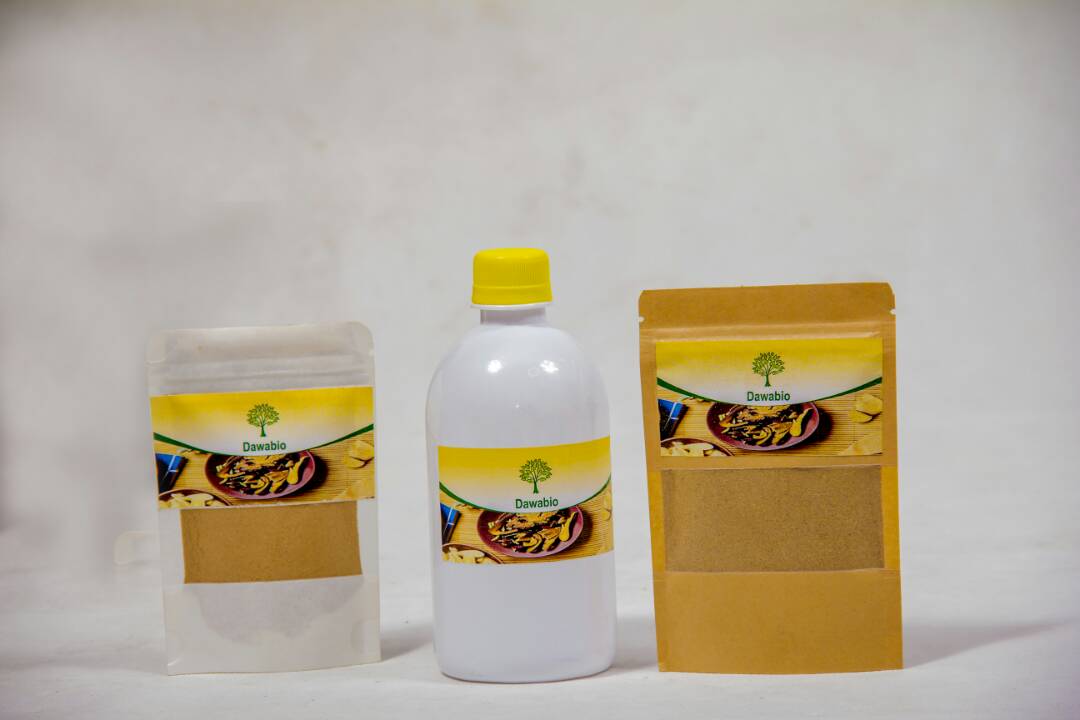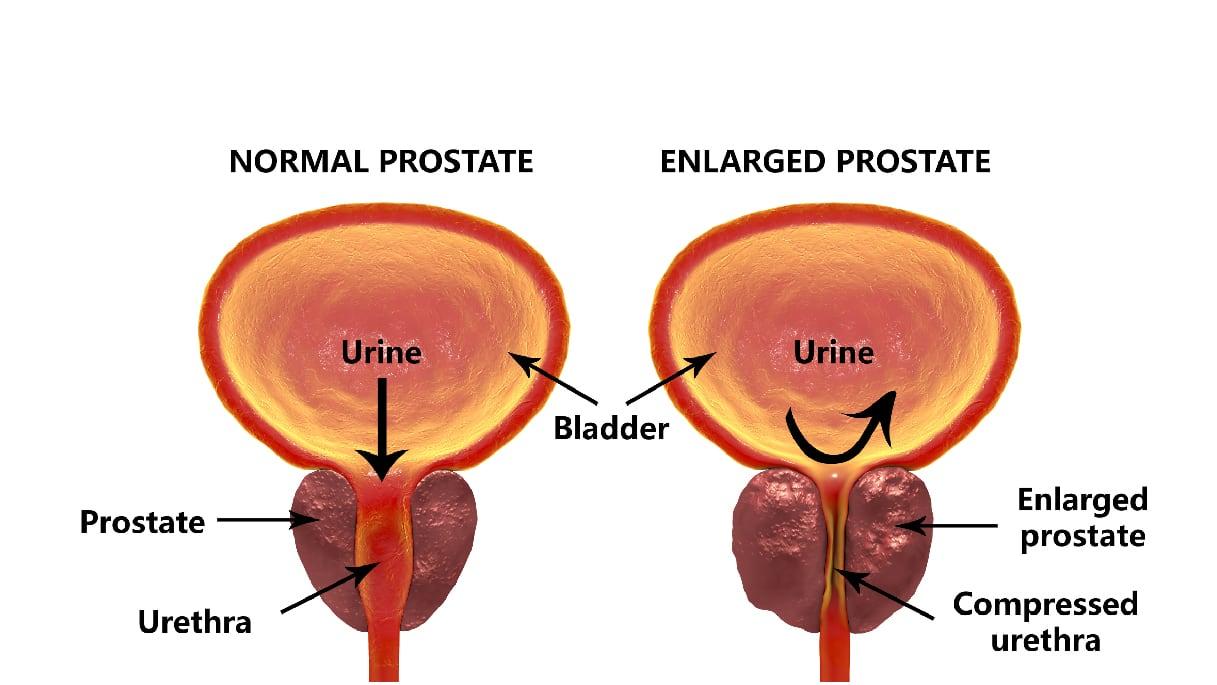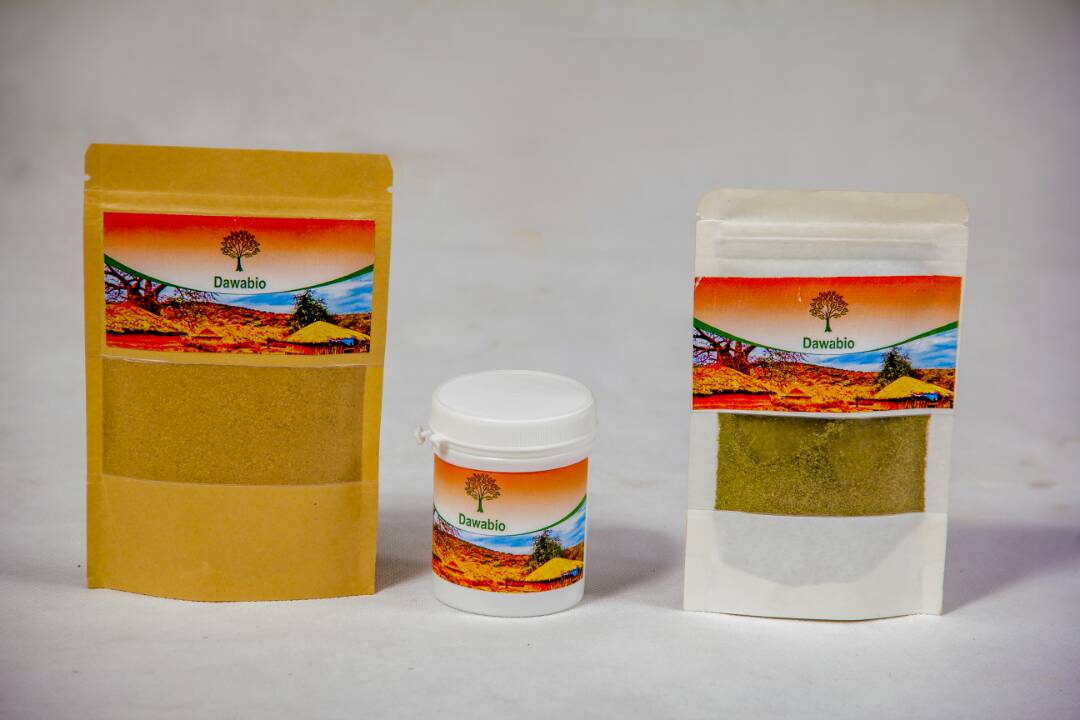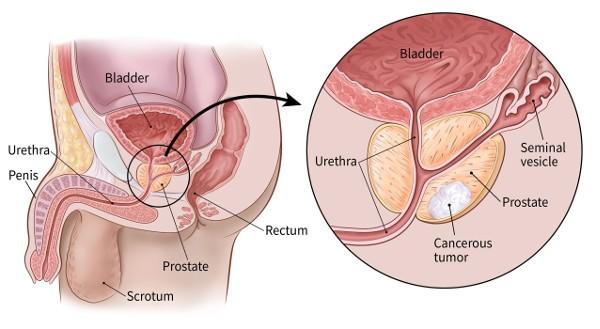PROSTATIC HYPERTROPHY
An enlarged prostate is a common condition in men. An enlarged prostate can cause unpleasant urinary symptoms, such as blocking the flow of urine out of the bladder. It can also cause bladder, urinary tract, or kidney problems.
There are several effective treatments for prostate enlargement, including medications, minimally invasive therapies, and surgery. To choose the best option, you and your doctor will consider your symptoms, the size of your prostate, other health concerns, and your preferences. Visit the natural herbal treatment of Dawasanté experts to definitively cure the enlarged prostate. Click on the image below to discover this natural treatment.
We deliver all over the world.
For more information, you can contact our experts on +229 51374202 direct line or by WhatsApp at the same number.
Treatment
If you suffer from an enlarged prostate, here is the miracle solution that will allow you to naturally cure or prevent your enlarged prostate. The natural remedy to permanently and quickly cure the enlarged prostate that we offer is composed of two elements: an herbal tea and an ointment. Generally, with the exception of the diagnosis too late, our natural treatment makes it possible to cure the enlarged prostate quite easily and does not leave any sequelae. So trust us! This natural treatment is the secret to treating an enlarged prostate without operation, without side effects thanks to plants.
Herbal tea is made from plants that have anti-inflammatory, astringent, antibacterial and calming properties. It works in particular by reducing the swelling of the prostate gland and providing immense relief. This natural remedy also contains several natural anti-inflammatory compounds that inhibit the inflammatory process that triggers inflammation and pain in the prostate gland. It also helps relieve urinary symptoms, including those caused by an overly large prostate without having to have an operation. The natural remedy also helps in curing difficulty in urinating and it restores sexual balance. It is therefore the secret to cure hypertrophy of the prostate with plants.
First, the pain in your lower back and in your penis will gradually disappear. You will no longer have difficulty urinating and your erection will gradually return to normal. The use of herbal products to treat an enlarged prostate gives excellent results. Our therapy to cure the enlarged prostate that we offer is effective, fast, long-lasting. So; it will save you from having to go through an operation. Herbal tea to treat an enlarged prostate has no side effects, either on the body or on health. Our natural treatment is secure. So this is the secret to cure enlarged prostate without surgery and without side effects.
To discover our natural remedy to cure an enlarged prostate, click here
Symptoms
The severity of symptoms in people with an enlarged prostate varies, but symptoms tend to gradually worsen over time. Common signs and symptoms of an enlarged prostate include:
Frequent or urgent need to urinate
Increased frequency of nighttime urination ( nocturia )
Difficulty starting to urinate
Weak urine flow or flow that stops and starts
Dribble at the end of urination
Inability to completely empty the bladder
Less common signs and symptoms include:
Urinary tract infection
Inability to urinate
Blood in the urine
The size of your prostate doesn't necessarily determine the severity of your symptoms. Some men whose prostate is only slightly dilated may have severe symptoms, while others in those with a severely enlarged prostate may only have minor urinary symptoms.
In some men, symptoms eventually stabilize and may even improve over time.
The causes
The prostate is located below the bladder. The tube that carries urine from the bladder out of your penis ( urethra ) goes through the center of the prostate. When the prostate gets bigger, it begins to block the flow of urine.
Most men have continued to grow prostate in their lifetime. In many men, this continued growth enlarges the prostate enough to cause urinary symptoms or significantly block urine flow.
The cause of prostate enlargement is not entirely clear. However, it could be due to changes in the balance of sex hormones as men get older.
Risk factors
Risk factors for prostate enlargement include:
· Aging. An enlarged prostate rarely causes signs and symptoms in men under the age of 40. About a third of men have moderate to severe symptoms by age 60 and about half by age 80.
· Family history. Having a blood relative, like a father or sibling, with prostate issues means you're more likely to have issues.
· Diabetes and heart disease. Studies show that diabetes, along with heart disease and the use of beta-blockers, may increase the risk of an enlarged prostate.
· Way of life. Obesity increases the risk of an enlarged prostate, while exercise can lower your risk.
Complications
Complications of an enlarged prostate can include:
· Sudden inability to urinate (urinary retention). You may need to insert a tube (catheter) into your bladder to drain urine. Some men with enlarged prostate need surgery to relieve urinary retention.
· Urinary tract infections (UTI). The inability to completely empty the bladder can increase the risk of urinary tract infection. If UTIs occur frequently, you may need to have surgery to remove part of the prostate.
· Bladder stones. These are usually caused by an inability to completely empty the bladder. Bladder stones can cause infection, irritation of the bladder, blood in the urine and obstruction of its flow.
· Damage to the bladder. A bladder that has not completely emptied can stretch and weaken over time. As a result, the muscle wall of the bladder no longer contracts properly, making it more difficult for your bladder to empty completely.
- Renal lesions. The pressure of urinary retention in the bladder can directly damage the kidneys or allow bladder infections to reach the kidneys.
Most men with an enlarged prostate do not develop these complications. However, acute urinary retention and kidney damage can pose serious health threats.
Having an enlarged prostate is not thought to increase the risk of prostate cancer.
Diagnostic
Your doctor will start by asking you detailed questions about your symptoms and giving you a physical exam. This initial examination is likely to include:
· Digital rectal examination. The doctor inserts a finger into your rectum to check your prostate for enlargement.
· Test of urine. Testing a sample of your urine can help rule out infection or other conditions that can cause similar symptoms.
· Blood test. The results may indicate kidney problems.
· Blood test with prostate-specific antigen (PSA). PSA is a substance produced in your prostate. PSA levels increase when the prostate is enlarged. However, high levels of PSA can also be due to recent procedures, infection, surgery, or prostate cancer.
Transrectal ultrasound. An ultrasound probe is inserted into your rectum to measure and assess your prostate.
· Prostate biopsy. Transrectal ultrasound guides the needles used to take tissue samples (biopsies) from the prostate. Examining the tissue can help your doctor diagnose or rule out prostate cancer.
· Urodynamic and pressure-flow studies. A catheter is inserted into your bladder through your urethra. Water - or, less frequently, air - is slowly injected into your bladder. Your doctor can then measure the bladder pressure and determine how your bladder muscles are working. These studies are typically only used in men with suspected neurological problems and in men who have had a previous prostate procedure and still have symptoms.
· Cystoscopy A flexible, lighted instrument (cystoscope) is inserted into your urethra, allowing your doctor to see inside your urethra and bladder. You will be given a local anesthetic before this test.
Medical treatment
A wide variety of treatments are available for an enlarged prostate, including medications, minimally invasive therapies, and surgery. The best choice of treatment depends on several factors, including:
The size of your prostate
· Your age
Your overall health
The amount of discomfort or discomfort you feel
If your symptoms are tolerable, you may decide to defer treatment and just watch your symptoms. For some men, symptoms may improve without treatment.
We deliver all over the world.
For more information, you can contact our experts on +229 51374202 direct line or by WhatsApp at the same number.

